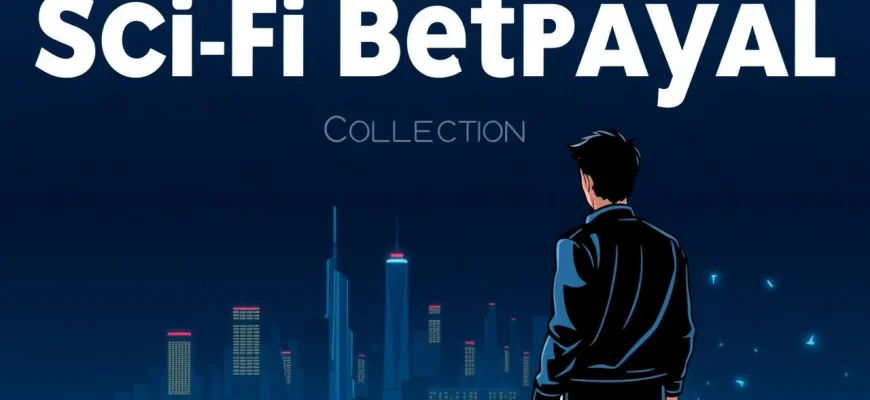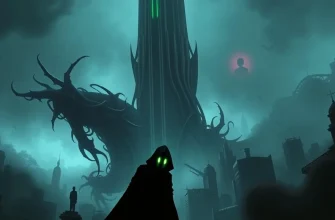This curated collection of sci-fi films delves into the theme of betrayal, showcasing how deceit and treachery can drive compelling narratives in futuristic settings. These films not only entertain with their imaginative plots but also provoke thought on trust, loyalty, and the consequences of betrayal in a world where technology and human emotions intersect.
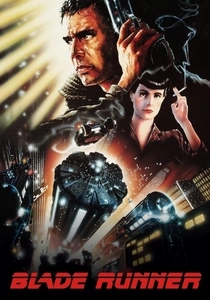
Blade Runner (1982)
Description: Betrayal is woven into the fabric of this film, where replicants, designed to be slaves, seek their maker, only to find betrayal at every turn.
Fact: Ridley Scott's original cut was not well received, but the later "Director's Cut" and "Final Cut" versions have become cult classics.
 Watch Now
Watch Now 
Total Recall (1990)
Description: Douglas Quaid's journey into his own memories leads him to uncover a conspiracy where betrayal is a constant companion.
Fact: The film was inspired by Philip K. Dick's short story "We Can Remember It for You Wholesale."
 Watch Now
Watch Now 
Dark City (1998)
Description: Betrayal is central as the protagonist discovers his entire life is a construct by an alien race manipulating human memories.
Fact: The film's visual style was heavily influenced by German Expressionism.
 Watch Now
Watch Now 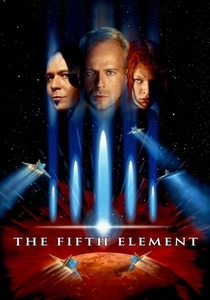
The Fifth Element (1997)
Description: Betrayal is a key element as characters navigate a world where alliances shift and loyalties are tested amidst an impending apocalypse.
Fact: The film's costume designer, Jean-Paul Gaultier, created over 900 costumes for the movie.
 Watch Now
Watch Now 
The Matrix (1999)
Description: In this iconic film, betrayal is central as humans are betrayed by their own kind, who have allied with the machines to keep them in a virtual reality prison.
Fact: The film's visual effects were groundbreaking, earning it an Academy Award for Best Visual Effects.
 Watch Now
Watch Now 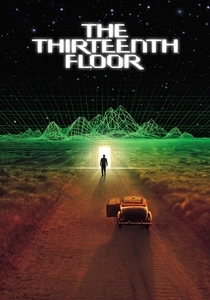
The Thirteenth Floor (1999)
Description: A virtual reality simulation where betrayal is a key plot driver as characters navigate between realities.
Fact: The film explores themes similar to "The Matrix" but was released shortly before it.
 Watch Now
Watch Now 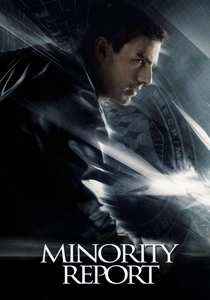
Minority Report (2002)
Description: The protagonist, John Anderton, is betrayed by the very system he serves when he's accused of a future crime, leading to a thrilling chase for truth.
Fact: The film's use of futuristic technology like personalized advertising and eye scanners was visionary.
 Watch Now
Watch Now 
A.I. Artificial Intelligence (2001)
Description: David, an advanced robot child, experiences betrayal from his human "mother" and the world around him as he seeks to become real.
Fact: The project was originally conceived by Stanley Kubrick but was completed by Steven Spielberg after Kubrick's death.
 Watch Now
Watch Now 
Equilibrium (2002)
Description: In a society where emotions are outlawed, the protagonist's betrayal of the system he upholds leads to a revolution.
Fact: The film's gun-fu style was inspired by John Woo's action choreography.
 Watch Now
Watch Now 
The Island (2005)
Description: Clones are raised in a controlled environment, only to learn they are being betrayed by those they trust for their organs.
Fact: The film's concept was controversial, leading to debates about ethics in biotechnology.
 Watch Now
Watch Now 
